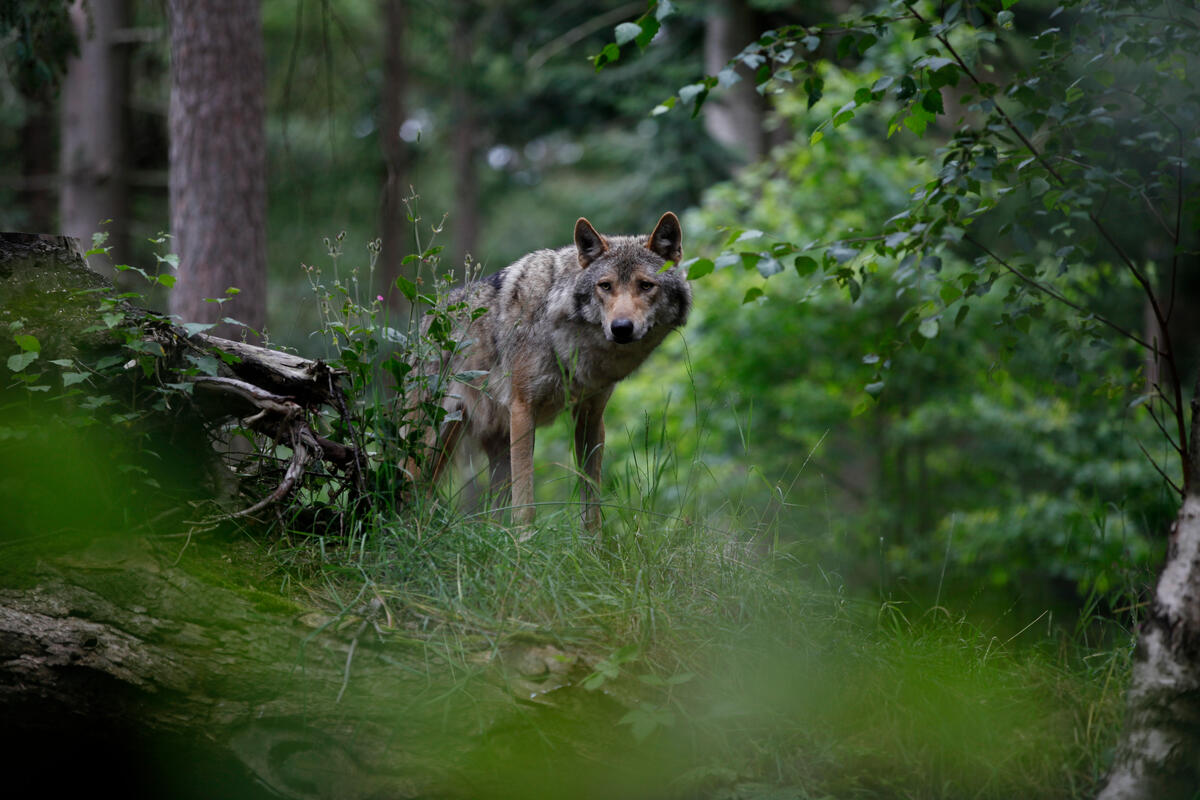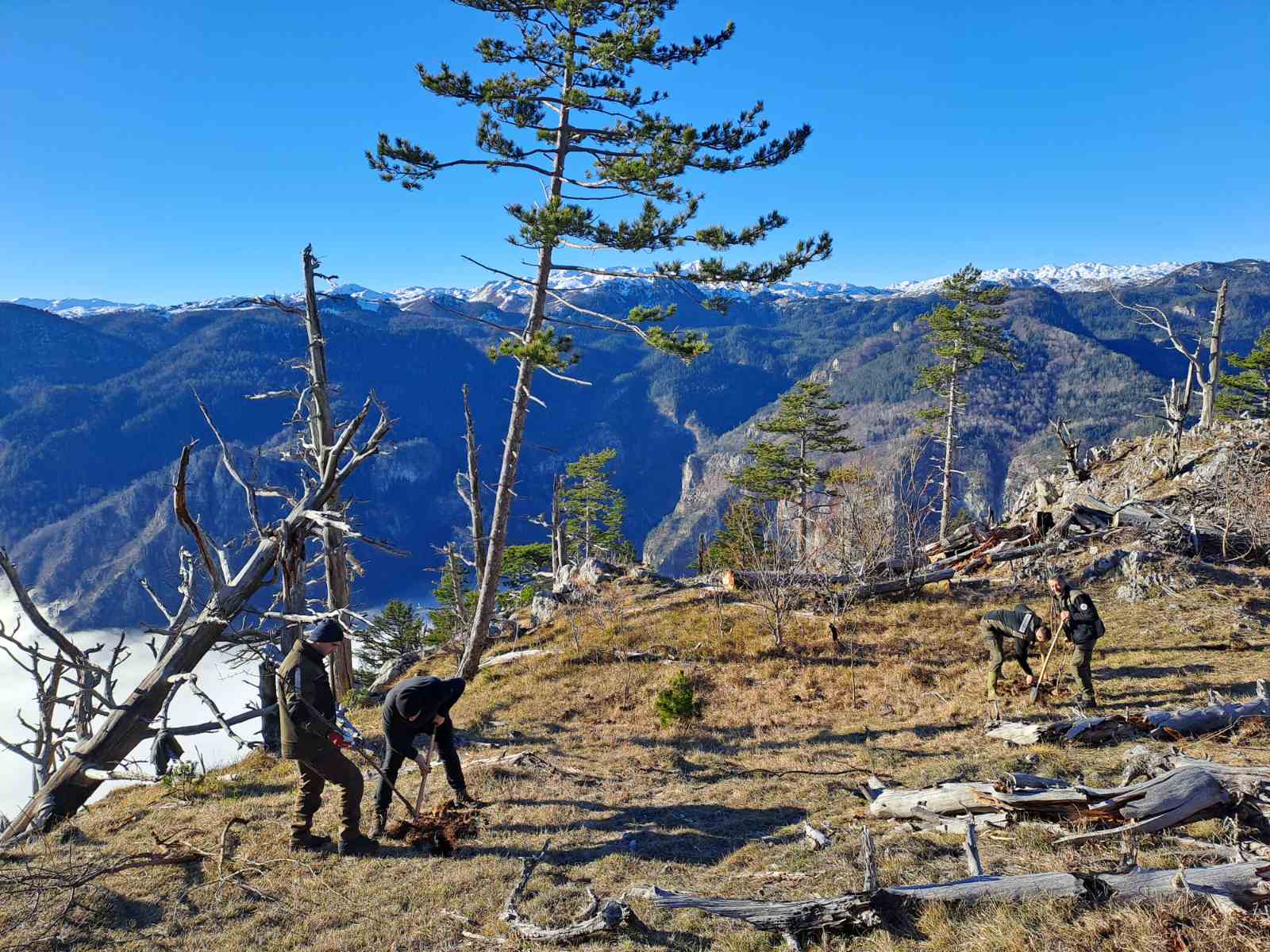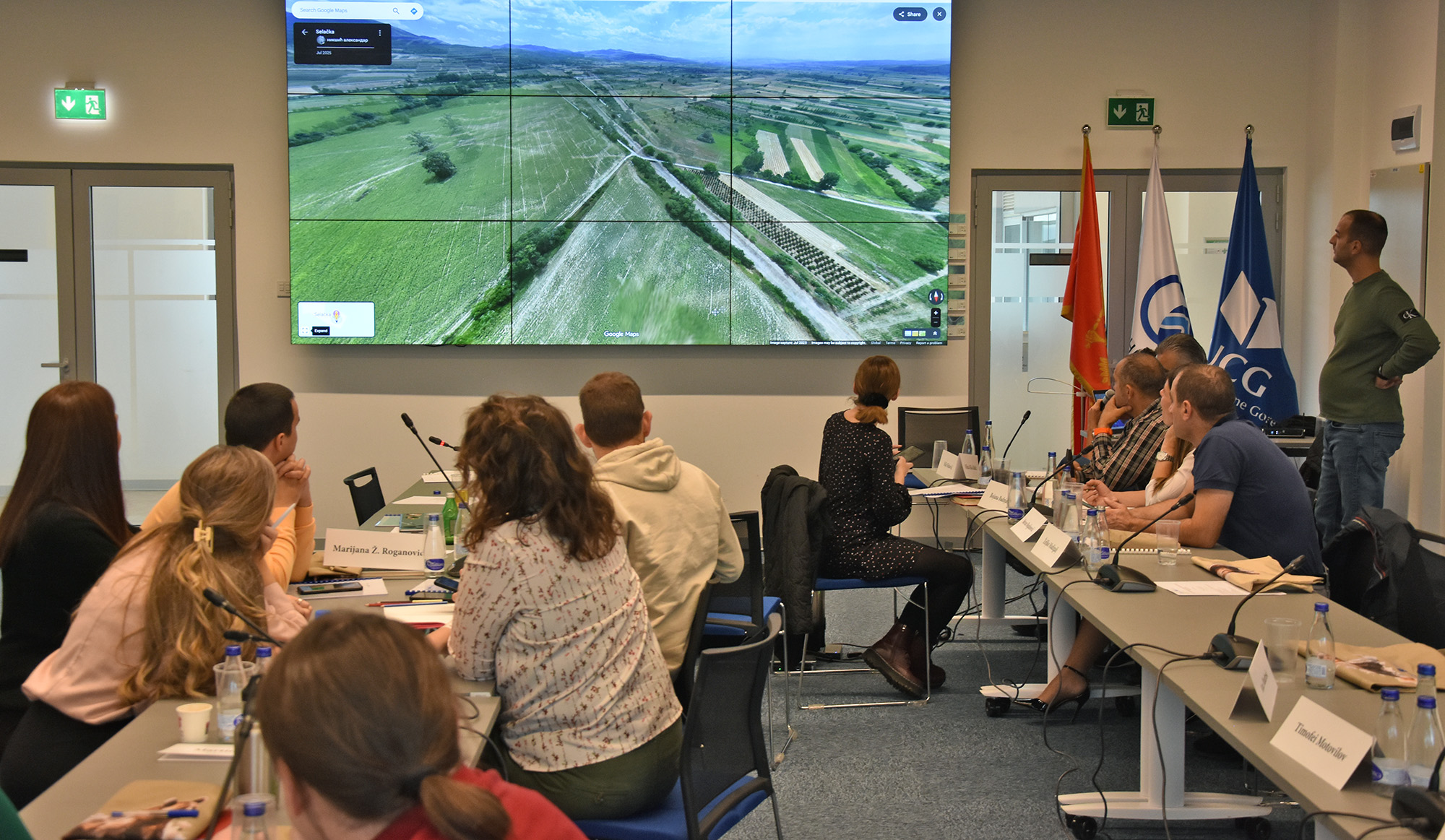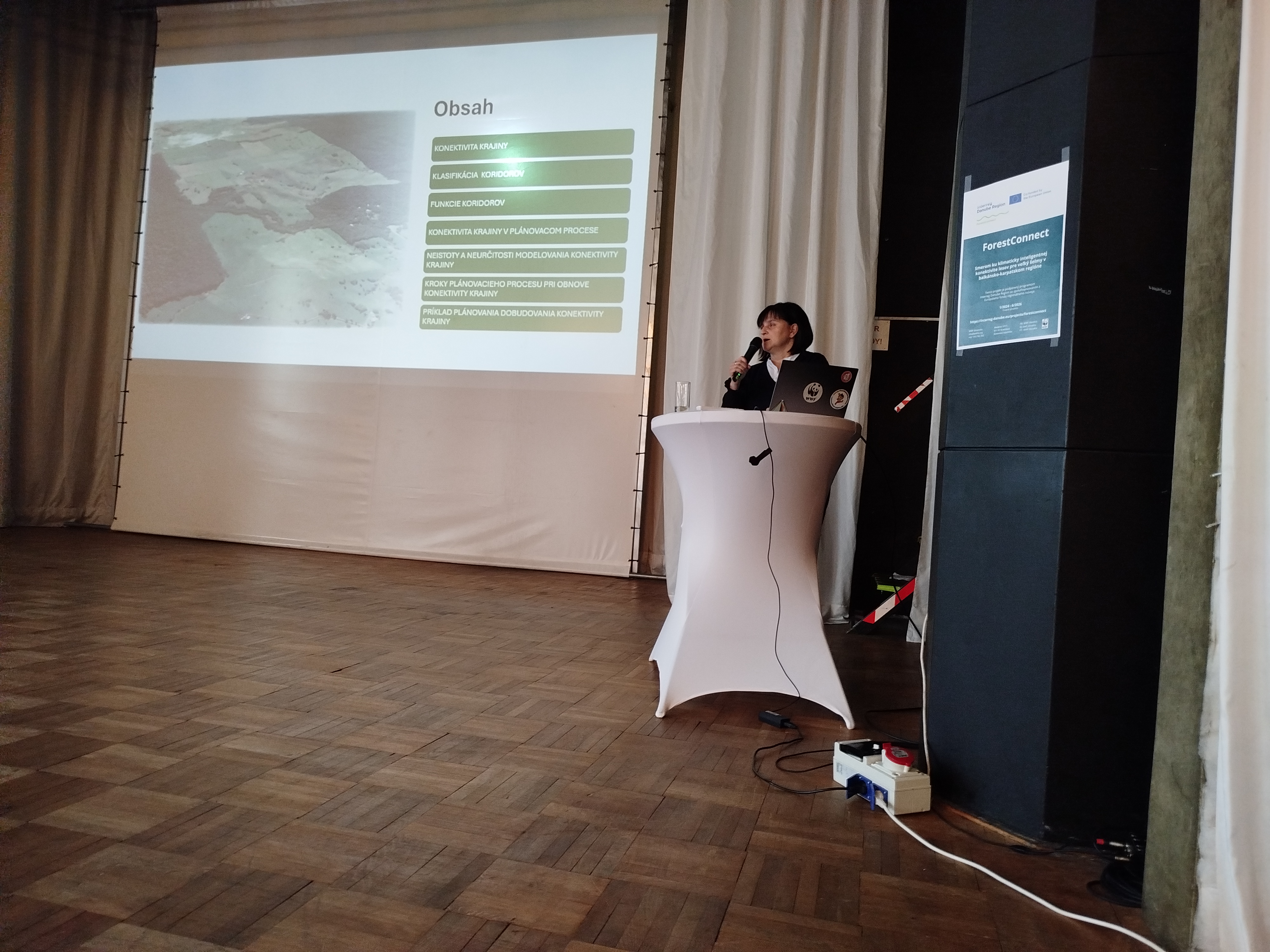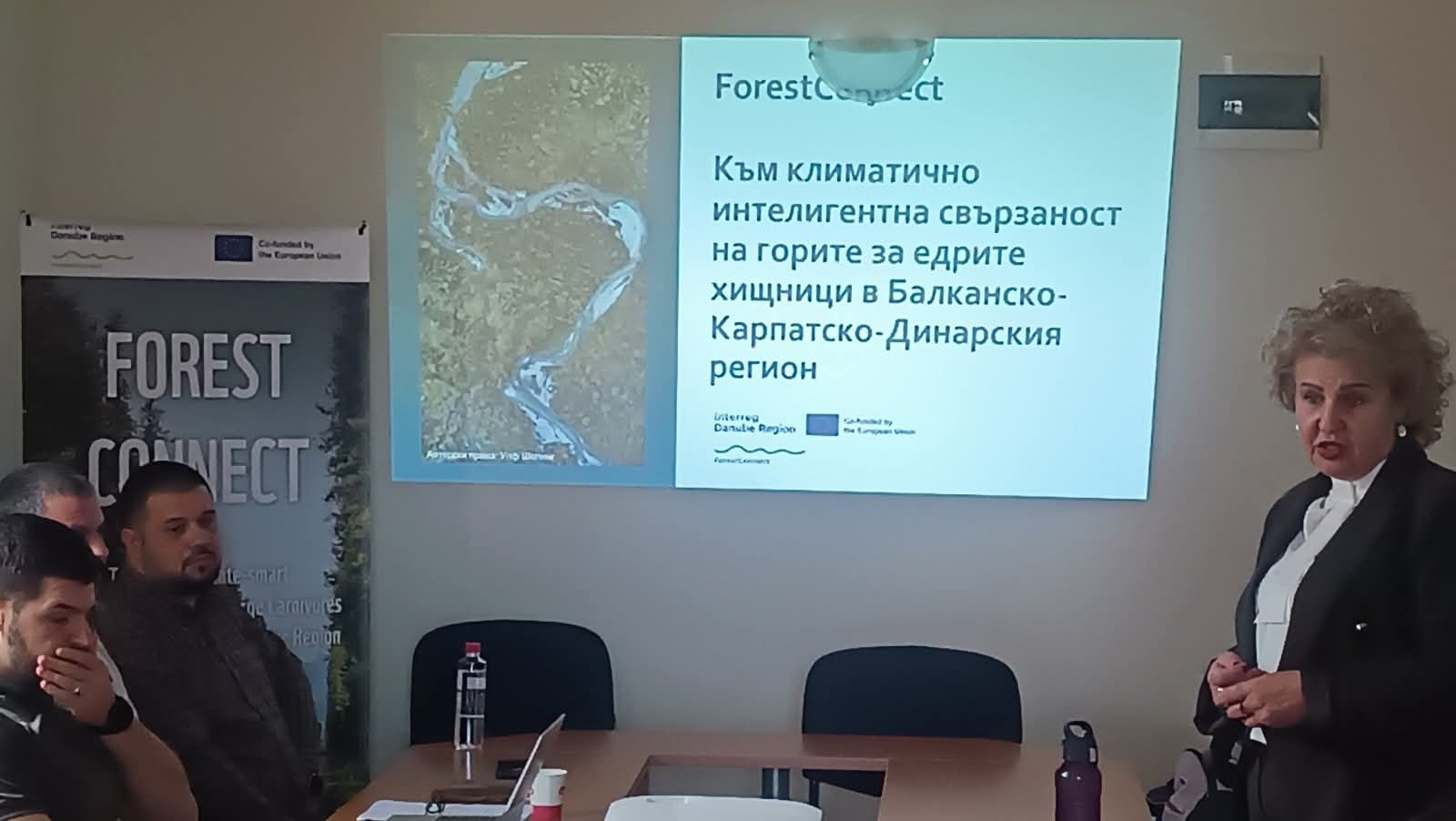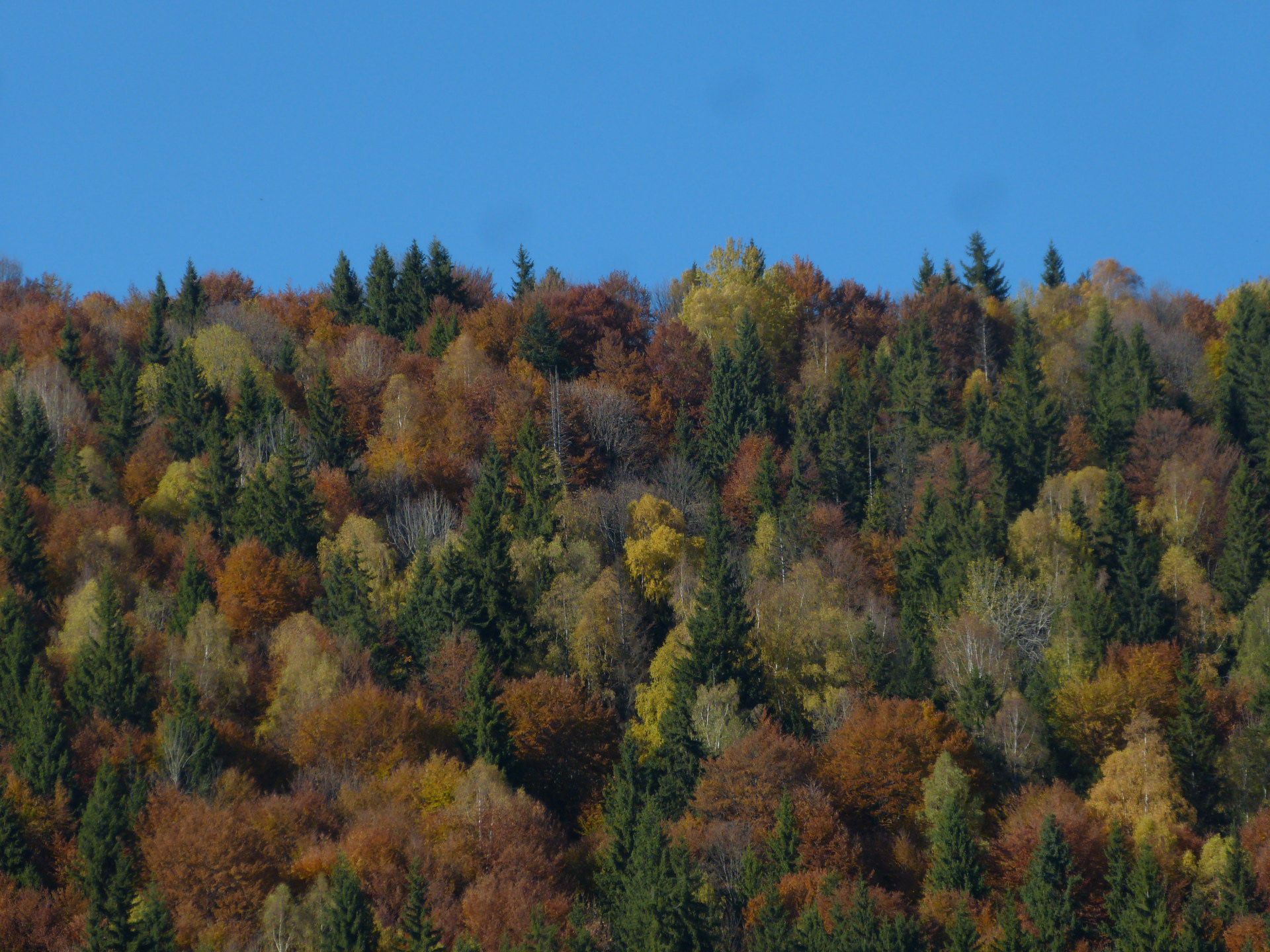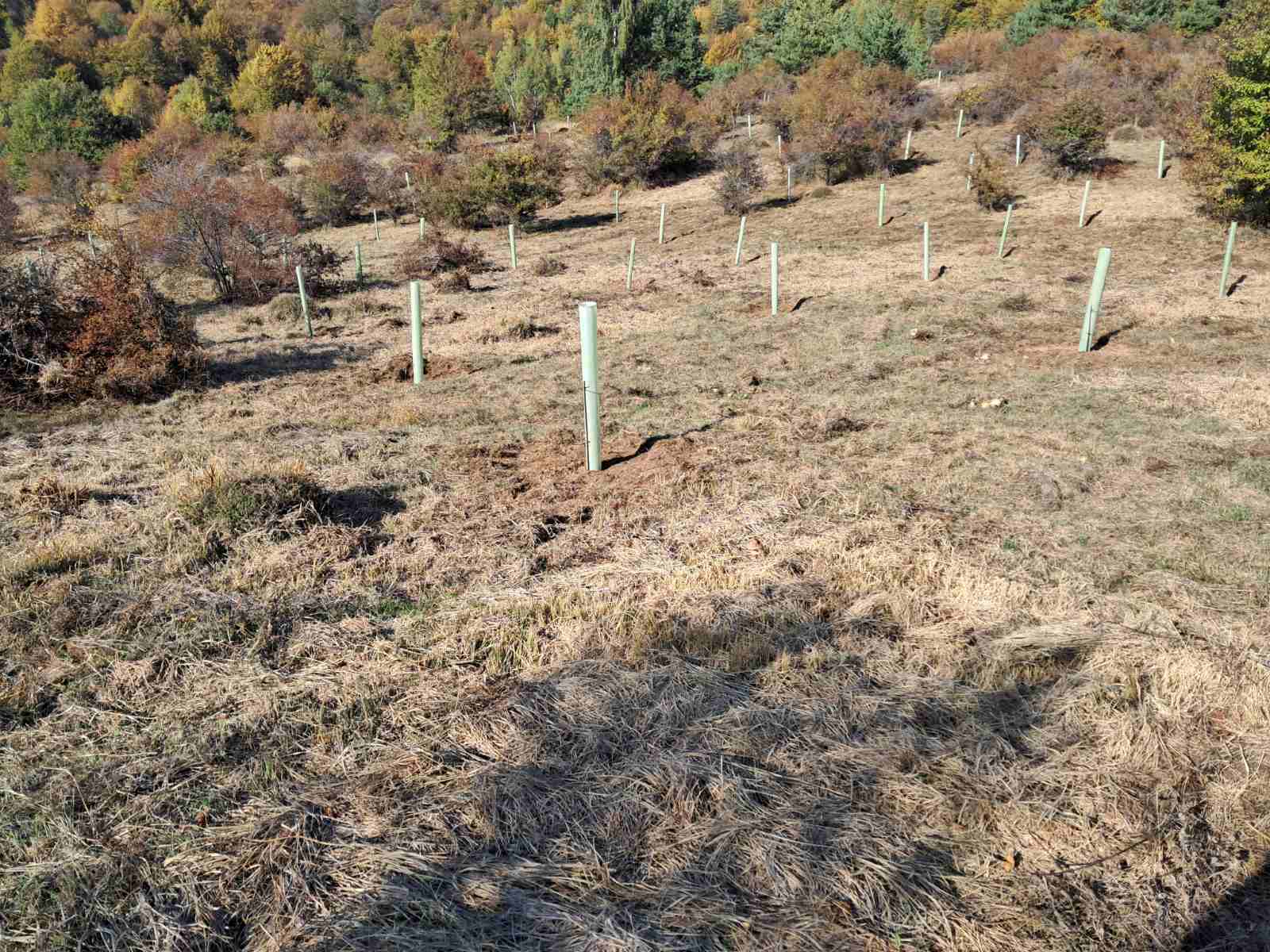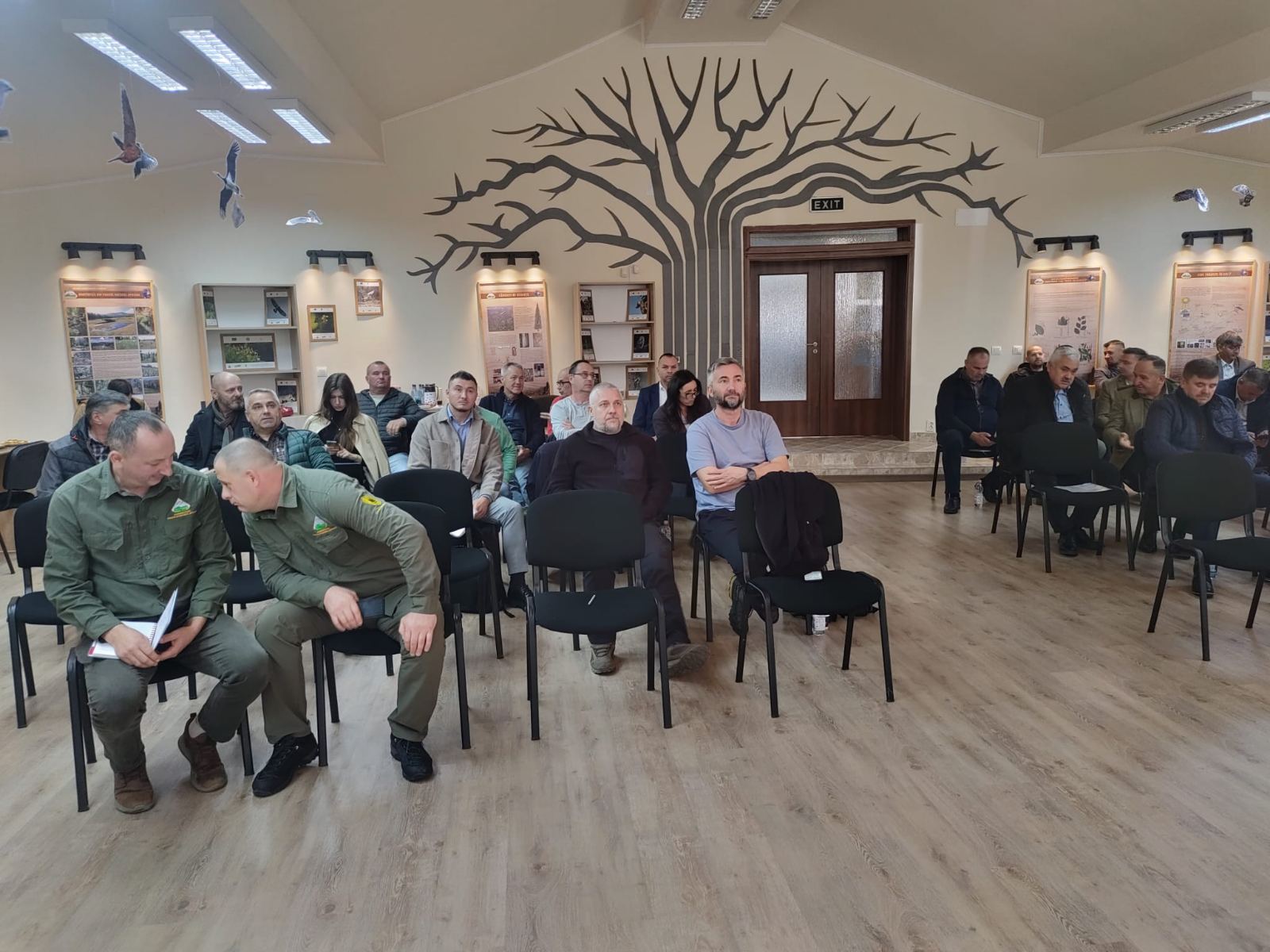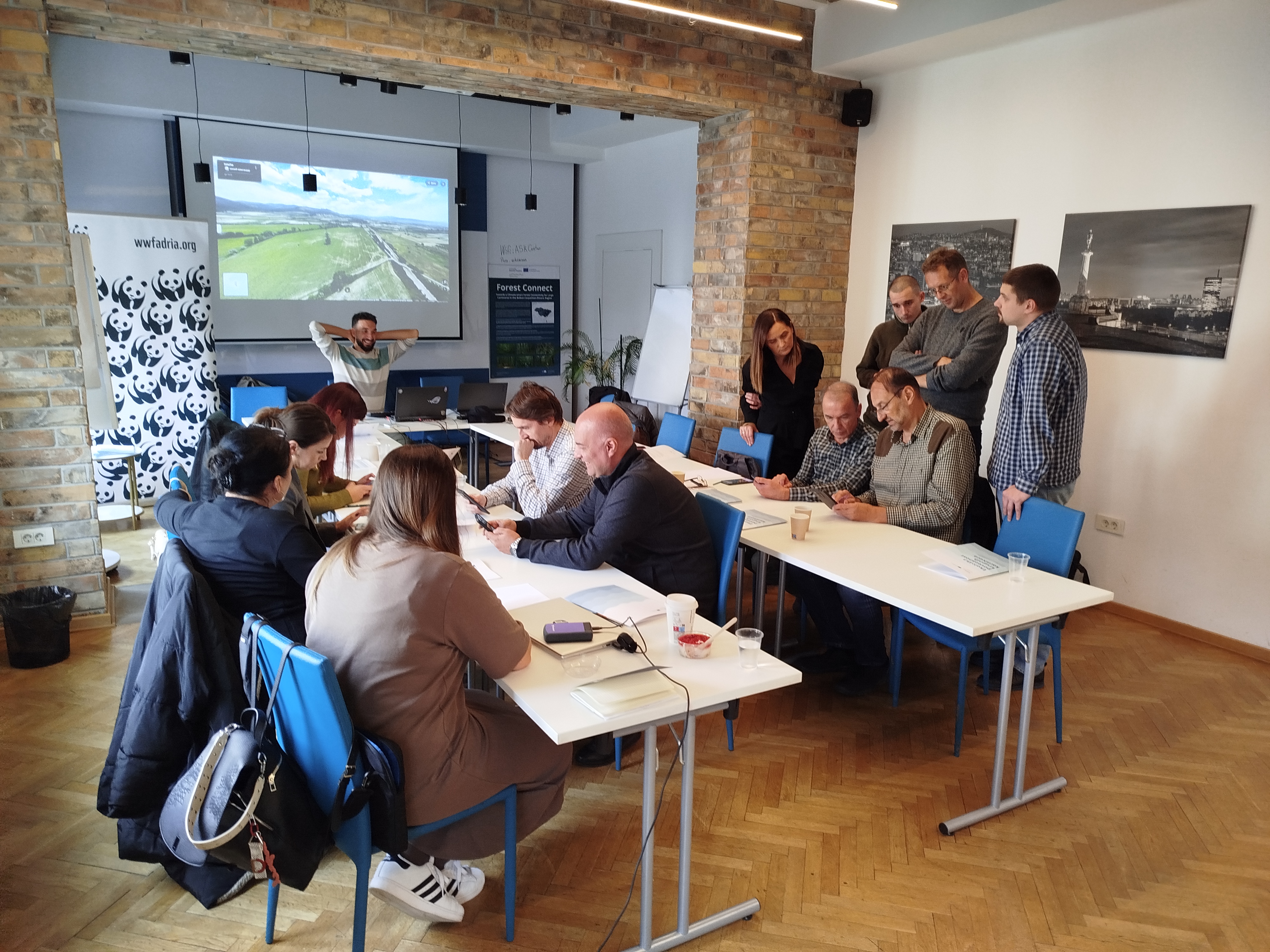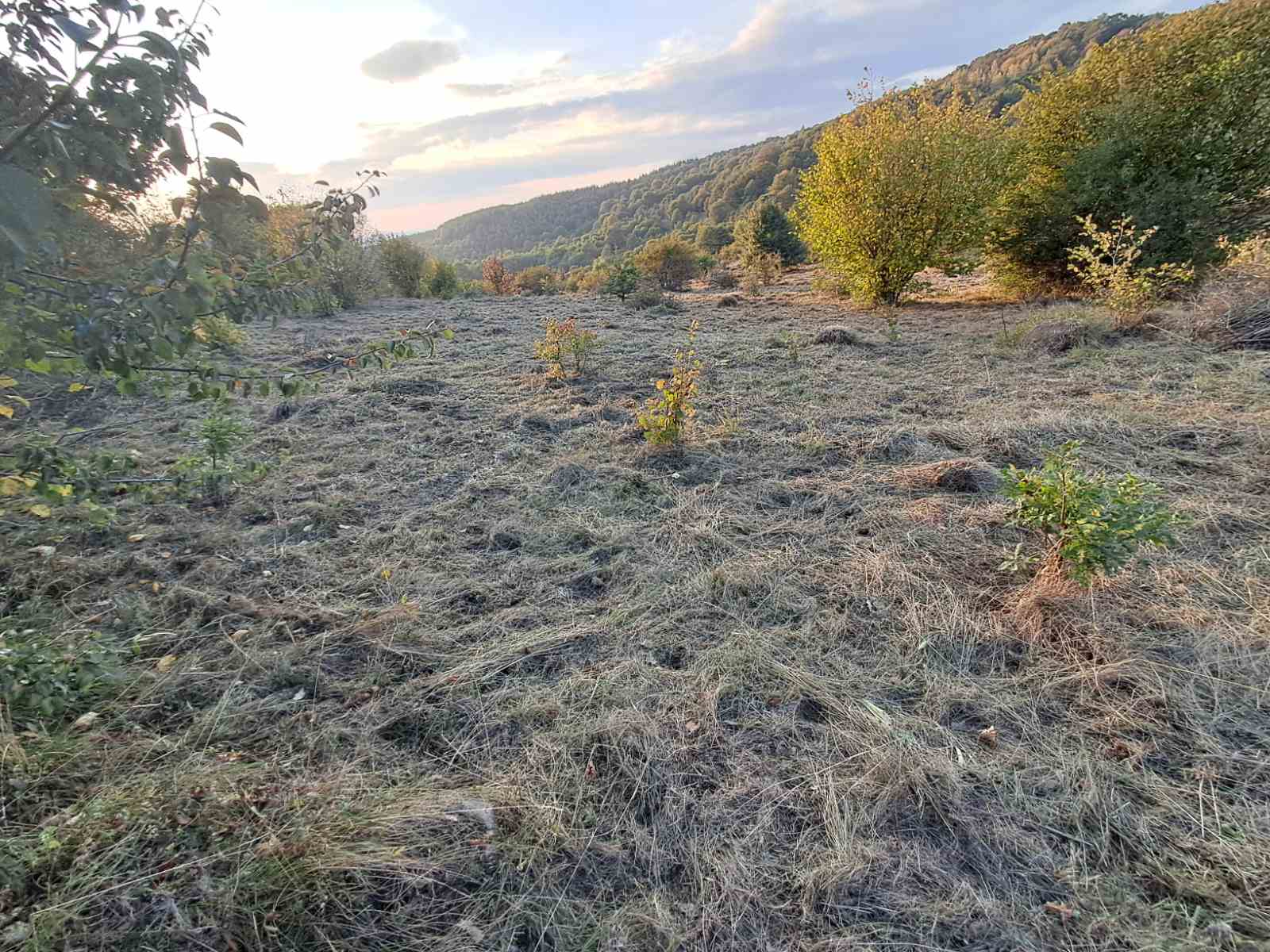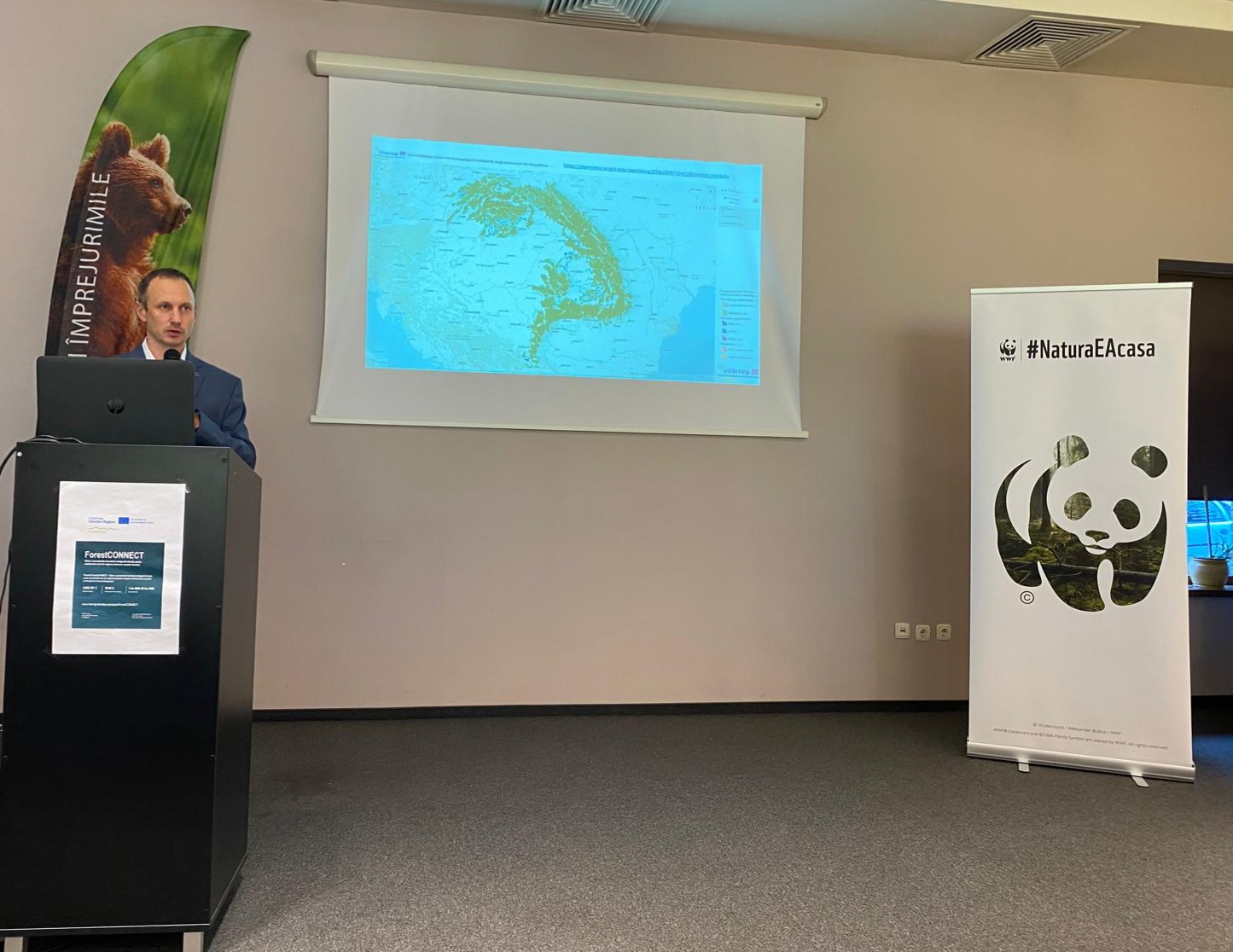
Can ecological connectivity support human-large carnivore coexistence?
Last week, at Baile Tusnad, Romania took place the 3rd edition of the TusnadEcoBear Conference, that gathered conservation specialists from all over Europe together with stakeholders from Baile Tusnad which is the smallest town in Romania, placed in the middle of an ecological coridor, and the first bear smart town in the country. The Forest Connect project had been opening the conference by the presentation of Dr. Cristian Remus Papp, the Coordinator of the Wildlife and Landscape Department of WWF-Romania,
Over a quarter of the world’s mammal species face the risk of extinction, primarily due to habitat loss and degradation—key drivers of global biodiversity decline. Habitat fragmentation, a direct result of various factors such as transport infrastructure development, intensive agriculture, land use changes, urbanization, pollution, and climate change, exacerbates this issue. To mitigate the impacts of habitat fragmentation on large carnivores, comprehensive ecological connectivity studies are critical, with findings needing to be integrated into spatial planning processes. Ecological corridors, while essential for maintaining biodiversity and facilitating wildlife movement, can also increase the potential for human-wildlife conflicts, particularly when these corridors are blocked or bottle-necked near human settlements (such as the case of Baile Tusnad area). When wildlife need to use narrow or obstructed passages in a human dominated landscape, the likelihood of encounters with humans rises, leading to increased conflict. These interactions may involve large carnivores or other species, which can result in threats to both human safety and wildlife survival. Ecological connectivity is growing in importance as global environmental changes accelerate. This presentation underscores its significance for large carnivores, focusing on three key areas: (1) tools and technologies for identifying and monitoring ecological corridors, (2) ecological restoration efforts to enhance connectivity, and (3) the necessity of stakeholder collaboration to maintain and improve these connections. These elements are explored within the framework of the ForestConnect project, implemented in Romania’s Apuseni and Maramureș Mountains. Preliminary results from the project include the development of a methodology for corridor identification, ecological restoration of degraded pastures to enhance food sources for brown bears, and the planting of fruit trees in hunting grounds to support wildlife. Ensuring ecological connectivity is a fundamental aspect of large carnivore conservation and requires the commitment and collaboration of all relevant stakeholders. Ecological corridors must be carefully managed and protected to avoid unnecessary human-wildlife conflicts and allow for genetic flow and other vital requirements for wildlife
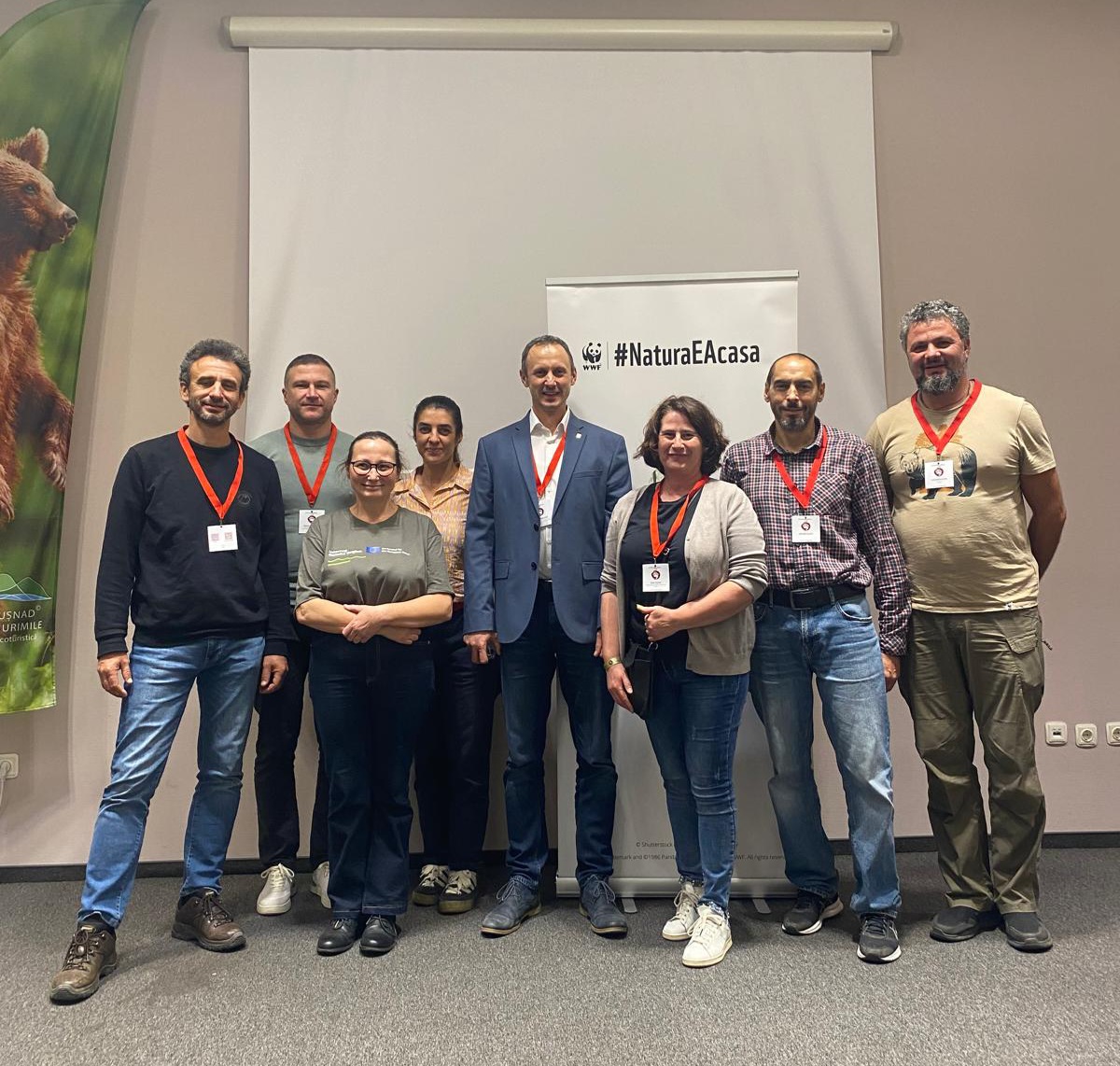
About TusnadEcoBear Conference
A conference about people and bears, about coexistence. The aim of the conference is to bring together a variety of views, competences and experiences from various experts from Europe and beyond, on the topic of human-large carnivore coexistence. The discus sions shall foster the generation of practical and viable solutions for reducing human-wildlife conflicts in human dominated landscapes. The conference seeks to identify the current level of knowledge regarding the management of brown bear populations across Europe, as well as best and negative practices. The interaction between key international experts and young participants is highly encouraged in order to build capacity in terms of coping with future challenges (including the ones derived from climate change). The conference is organised as part of the CERV project (101146879) ”Coexisting with bears- Con servation needs Conversation!” funded by the European Union and implemented with the support of the ProjectBag Association (Destination Management Unit- Băile Tușnad and Surroundings), Mayor’s Office of Băile Tușnad and WWF-Romania. The conference is supported by the Nature FIRST project (101060954), which has received funding from the European Union’s Horizon Europe research and innovation program
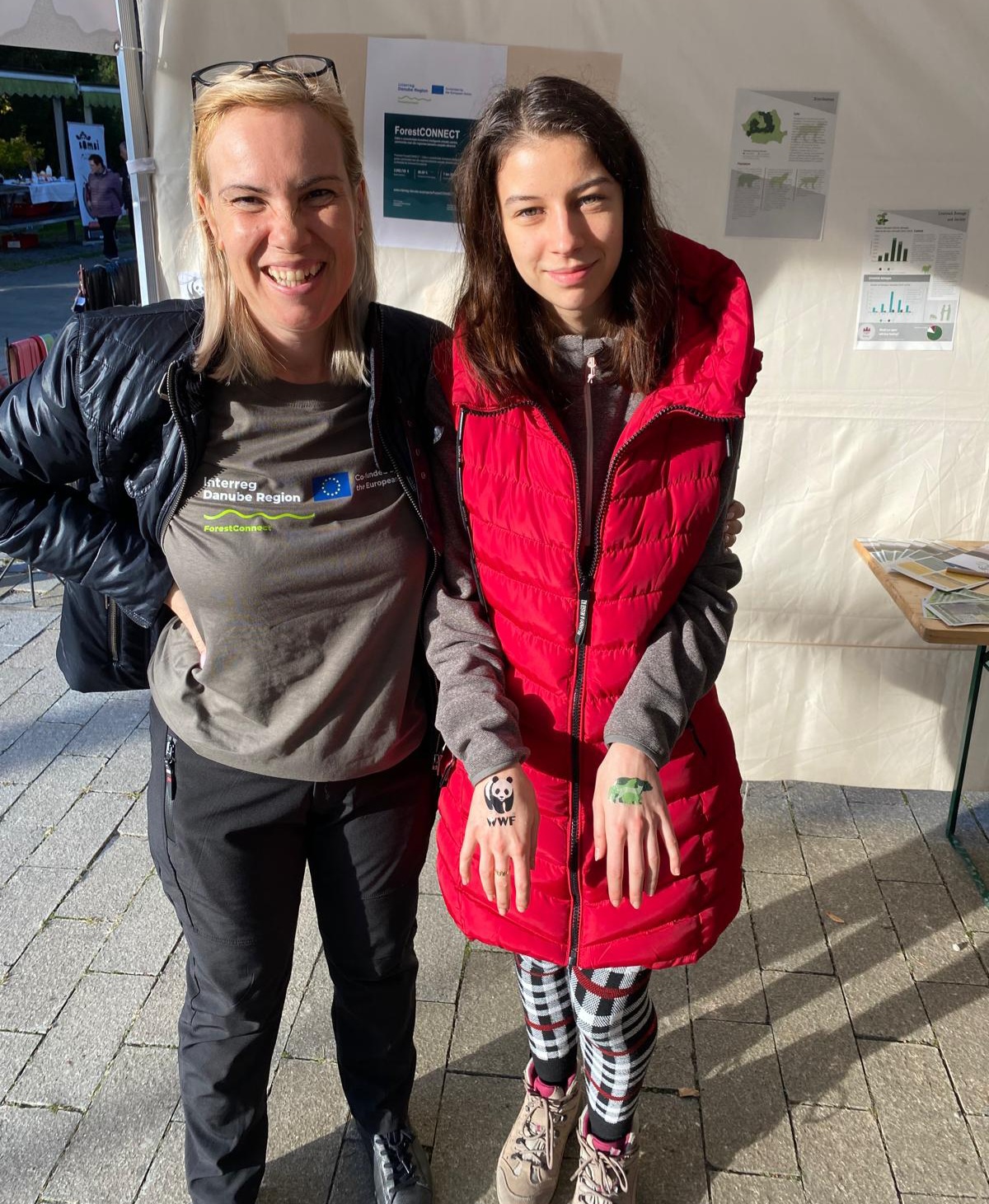
News & Events
Read the most recent updates and explore the upcoming events.

